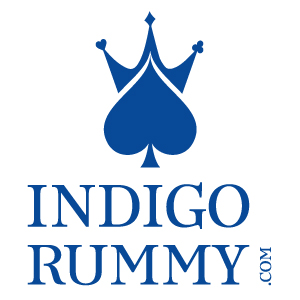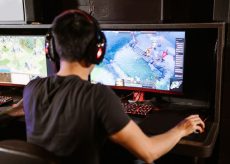Historical evolution of Chess and governing in the modern day
Prepend to the content

Chess is one of the oldest board games still played today, and its origins can be traced back to ancient India. The earliest precursor to chess is believed to be a game called chaturanga, which was played in India as early as the 6th century. Now a days chess is played virtually through internet and this mode gained popularity during Covid19.
Link between Chaturanga and Chess
Chaturanga was a strategic war game that simulated an ancient Indian battle, with each player controlling different types of military units.The name “chaturanga” translates to “four divisions of the military” in Sanskrit, referring to the four main divisions of the Indian army: infantry, cavalry, elephants, and chariotry.
The pieces in Chaturang included infantry (pawns), cavalry (knights), elephants (bishops), chariots (rooks), a king, and advisers which later evolved into the queen in modern chess.
From India, the game of chaturanga spread to Persia, where it became known as shatranj. The rules of shatranj evolved over time, and it became a popular game among the Persian nobility. The Arabs then adopted shatranj and introduced it to the Islamic world and eventually to Europe during the Islamic Golden Age.
Chess and it’s popularity with royal Europeans
Chess gained popularity in Europe during the Middle Ages, particularly among the nobility and the clergy. It was seen as a game of skill and strategy, and it was often used to teach military tactics and strategic thinking. Chess became an important pastime for the upper classes, and it was played in royal courts and aristocratic circles. Several European royals have patronized the game leading to its popularity.
As for its link to brain stimulation, chess has long been associated with cognitive benefits and mental stimulation. Playing chess requires strategic thinking, planning, and problem-solving skills. It involves evaluating different moves, predicting opponents’ moves, and considering long-term consequences. Chess players develop analytical and logical thinking abilities, pattern recognition, memory, and concentration.
Studies have shown that playing chess can have positive effects on cognitive functions, including improved memory, attention span, and problem-solving skills. It has also been linked to enhanced creativity and critical thinking abilities. Additionally, chess is often used as a tool for educational purposes, as it is said to improve concentration and focus in young kids.
Regulation of Chess – Role of FIDE
Chess is regulated internationally by the International Chess Federation (FIDE), which is the governing body for the game of chess. FIDE was founded in 1924 and currently has its headquarters in Lausanne, Switzerland. FIDE’s primary role is to organize and oversee international chess competitions and tournaments, establish rules and regulations for the game, and promote chess worldwide.
FIDE is responsible for organizing the World Chess Championship, which determines the world champion in chess. The World Chess Championship is held every two years and involves a match between the reigning champion and a challenger who qualifies through various tournaments and qualification events.
While FIDE is the international governing body for chess, individual countries also have their own chess federations that regulate the game at a national level. These national federations organize domestic tournaments, develop chess programs and initiatives, and represent their country’s interests within FIDE.
Chess is played and enjoyed worldwide, and its popularity extends across many countries. It is difficult to pinpoint a single country that leads the sport, as chess has a strong following in all parts of the world.
However, historically, countries like Russia, the United States, and India have produced many top chess players and have a strong presence in international chess competitions. In India, chess is often impacted by the stigma attached to skill games by rummy and poker.
The post Historical evolution of Chess and governing in the modern day appeared first on G2G News.



